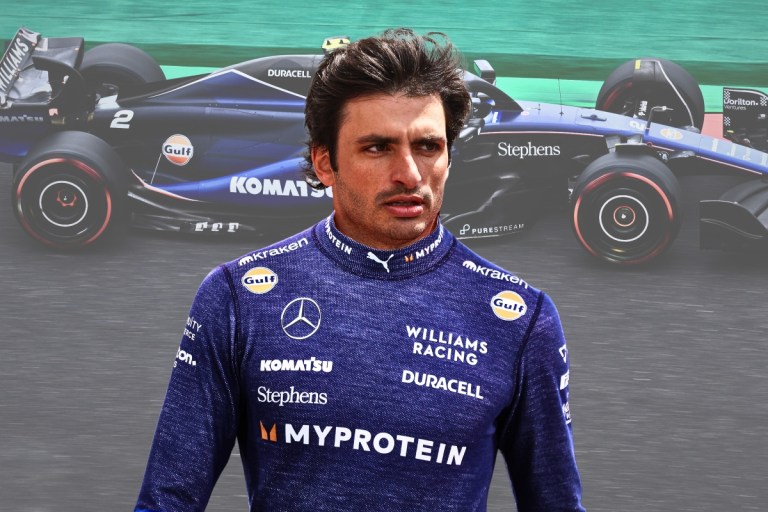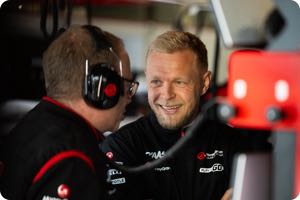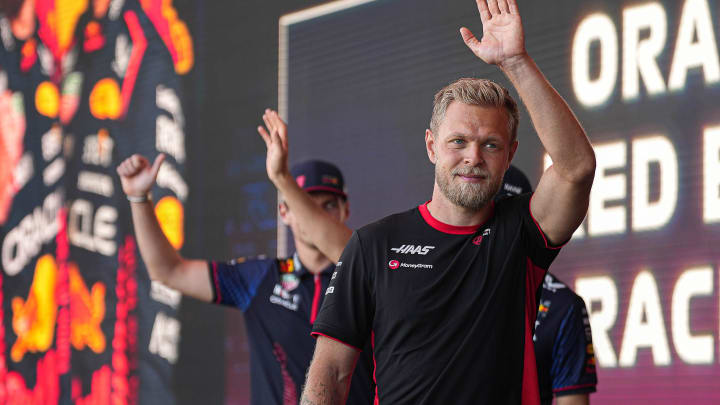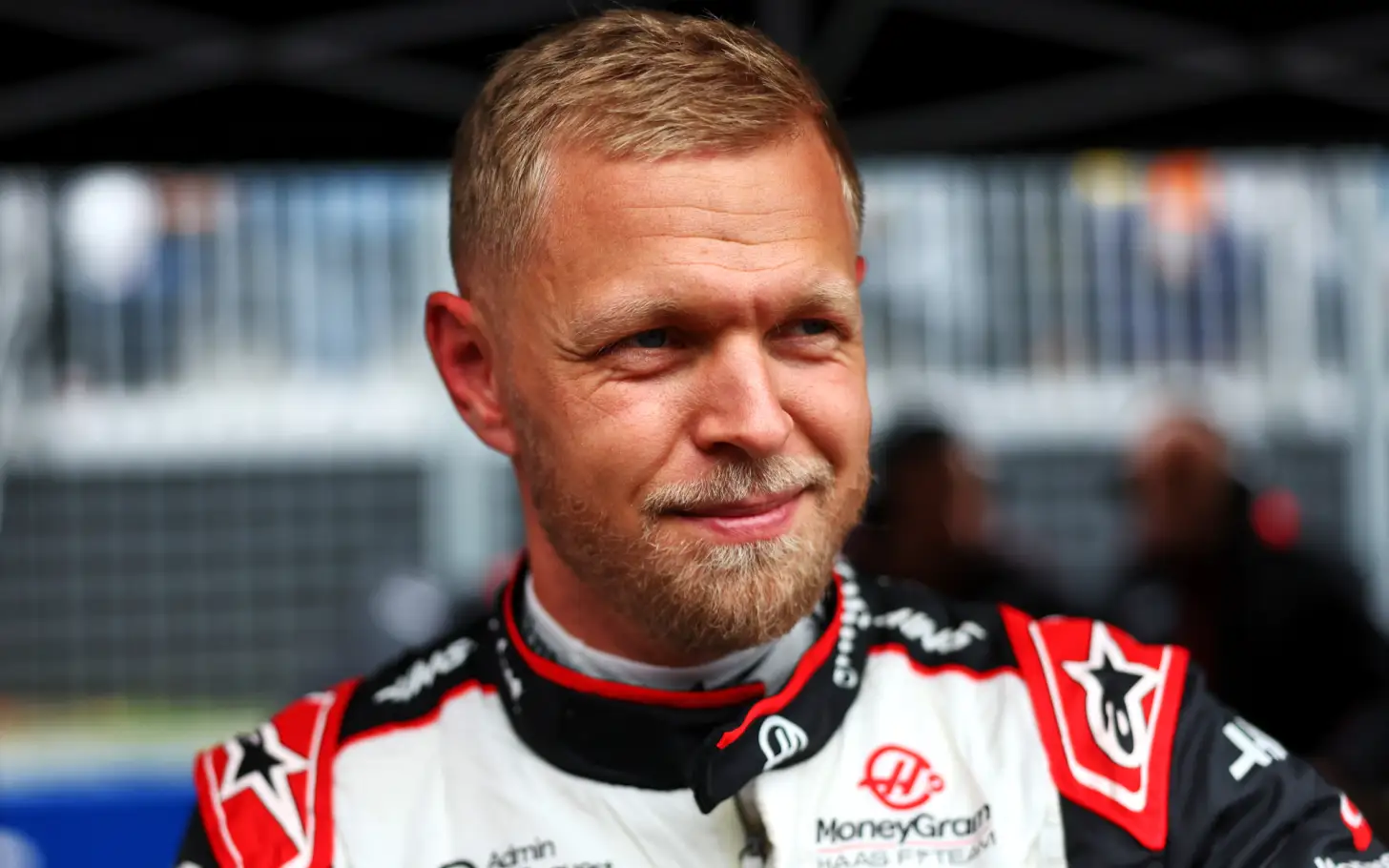The once-coveted seat at Mercedes, a team historically known for its dominance in Formula 1, has lost much of its allure. Traditionally, any vacancy at Mercedes would have attracted significant interest from drivers across the sport. However, this has not been the case recently. Since the introduction of the new ground effect car design rules in 2022, Mercedes has struggled to maintain its competitive edge. Their performance has noticeably declined, and this year’s poor form has only exacerbated the situation.
As a result, the anticipated rush of drivers eager to join Mercedes and work under team principal Toto Wolff has not materialized. The team’s inability to adapt to the new regulations and regain their former competitiveness has deterred potential candidates. Drivers who might have once seen a move to Mercedes as a golden opportunity are now cautious, weighing the risk of joining a team that is no longer a consistent front-runner.
Mercedes’ struggles are reflective of the broader challenges faced by teams adjusting to significant regulatory changes in the sport. The ground effect car design rules aimed to enhance competition and alter the dynamics on the track, but for Mercedes, it has been a period of adjustment and underperformance. This shift has fundamentally changed the team’s standing within the Formula 1 community.
Despite Mercedes’ illustrious history and the potential for future recovery, the immediate reality is that the team must work hard to prove they can return to their winning ways. Until then, the appeal of a seat at Mercedes remains diminished, as the best drivers in the sport seek to align themselves with teams currently demonstrating stronger performance and greater potential for success.



